I’ve heard this question a lot recently because it’s a VERY logical question…
“If multi-family properties weather a downturn better than most asset classes, why do you feel some owners will be in trouble? I don’t understand how multifamily can dive and thrive at the same time.”
Can something be good for one person and bad for another? The Encyclopedia of Ethics states that a ’thing’can’t be both good and bad, reasoning if one ‘thing’ appears good to one group and bad to another, it’s due to each groups history of persuasion, rather than the ‘thing’ itself.
Let me wax poetic on you for a second. The biggest “persuasion” is to think ‘things’ are the asset. Multifamily is neither good or bad, because it isn’t the TRUE asset. The TRUE asset isn’t ever about the property, stock, or business… it’s the people behind the properties, stocks, or businesses.
People, not ’things,’ are the TRUE ASSETS.
Multifamily, like a Ferrari, is just a vehicle with a lot of potential. A Ferrari driven by a toddler will lose to a Ford Festiva driven by Mario Andretti every damn time… unless the toddler driving the Ferrari IS Mario Andretti… but we digress.
Good operators are the assets. Bad operators are the ass hats… err, I mean the liabilities.
SHORT TERM OUTLOOK FOR MARGINAL OWNERS
Now that we have that cleared up, we can discuss why some operators will THRIVE and some will DIVE.
There are a number of short term issues multi-family owners are battling right now, one of the biggest being The CARES Act Eviction Moratorium which restricts owners from evicting tenants or charging late fees for non-payment. Owners who don’t have solid operating procedures in place will certainly have a hard time collecting rents with those restrictions in place.
If rent collections suffer obviously owners will struggle to pay their bills. If they overpaid for the property and/or don’t have proper reserves in place this problem will be further escalated. This will force them to cut costs and many will decide to stop handling maintenance requests… which is the #1 reason people leave!
As tenants leave, owners will loosen screening policies in attempts to drive up occupancy, which results in a lower quality tenants. Shitty neighbors are the worst though, am I right? Which means, as good tenants, the ones who actually pay their rent, see lower quality tenants arriving, they choose not to re-lease. Maintenance requests are the #1 reason people leave but having a sense of community is the #1 reason people STAY.
Despite the overall demand increasing, marginal owners will find themselves in a spiraling problem due to short term strains.
LONG TERM OUTLOOK (DEMAND)
There is a need for affordable housing across the United States and the coronavirus will only fuel that need. For example, the unemployment rate went from ~4% in March to ~23% today, which will force many Americans to downsize into more affordable options. Multifamily provides one of the best affordable options out there.
We continue to be a nation of renters as well. Home ownership among boomers is by far the highest at 75% but even that rate is starting to decline. For comparison, home ownership rates for Generation X (ages 39-45) and Millennials (ages 23-38) are 60% and 32% respectively. Generation Z are just coming out of college and seem to be bigger vagabonds than even the millennials.
Lending requirements have already become more strict as well. JP Morgan just tightened the belt by requiring borrowers to have a minimum credit score of 700 and a 20% down payment.
LONG TERM OUTLOOK (INVESTOR ADVANTAGE)
Multifamily offers great tax advantages to investors. You can read more details on this HERE
, but chances are investors will pay $0 in taxes on any cash flow. If income has been affected, this is a great way to hedge against that.
Interest rates are also at historic lows. You can lock up long term debt as low as 3% right now which provides amazing opportunity for long term growth.
CONCLUSION
Multi-family assets that are controlled by good operators will weather the short term storm and then benefit from the long term upswing. Marginal owners will be exposed by the short term storm, leaving them with properties that are underperforming and at risk.
Remember, multifamily valuations are determined by the income, and marginal owners struggling with physical and economical vacancy will see income go down. When income decreases, the overall value of the property will decreases, causing the short term cost to go down but the long term potential VALUE to go UP!
Good operator’s, the ones who swoop in and buy properties from marginal owners who have let income DIVE, will without question, THRIVE! So will their investors!
INTERESTED IN INVESTING OR HAVE MORE QUESTIONS?
REACH OUT ANYTIME!
Click the button below to schedule a call or ask any questions.
Click Here



